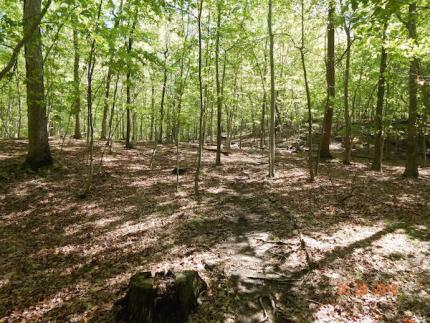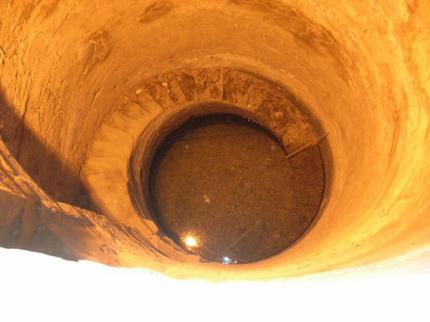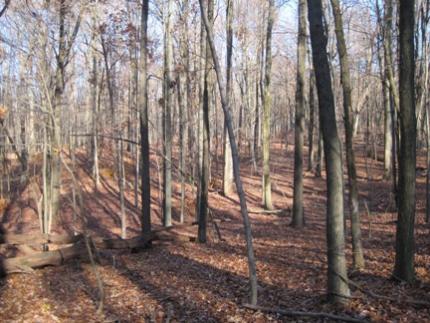Risk

I'm bringing you this afternoon a little story about what happened in the Rolling Ridge garden on a rainy evening in April. Rolling Ridge is a haven for wilderness and wild things, a place for Partner Groups to renew themselves in faith and friendship, a cradle for ministry and retreat and study, a laboratory for permaculture. For me, though, its essence has always been the call to live in community, which I believe is the one thing being asked of humanity on every level from the personal to the cosmic in this time. The call to community has a tenacious and essential pull, like gravity, yet, honestly, we do well to look before we leap, for there is real risk in launching forth. Here is a warning from Adrienne Rich, a poem called “Prospective Immigrants Please Note”:

 In an old story, it takes Christ three days to let go of all that holds him to this world, including the breath of life, and journey to the underworld. There he “harrows” the darkness and the depths, as an ancient farmer might probe and stir and prod the soil for planting. Then on the third day he stands next to Mary in the dawn twilight so utterly changed that she doesn’t recognize him, her dearest, most intimate friend. It is Easter, the fire feast of the Resurrection, when Christians hold services at dawn and look to the rising sun in the East while the Earth turns green again and flowers. Thus the holy, uncontrollable alchemy of descent and inception, release and grace, death and transformation, is celebrated.
In an old story, it takes Christ three days to let go of all that holds him to this world, including the breath of life, and journey to the underworld. There he “harrows” the darkness and the depths, as an ancient farmer might probe and stir and prod the soil for planting. Then on the third day he stands next to Mary in the dawn twilight so utterly changed that she doesn’t recognize him, her dearest, most intimate friend. It is Easter, the fire feast of the Resurrection, when Christians hold services at dawn and look to the rising sun in the East while the Earth turns green again and flowers. Thus the holy, uncontrollable alchemy of descent and inception, release and grace, death and transformation, is celebrated.
.jpg)




.jpg)